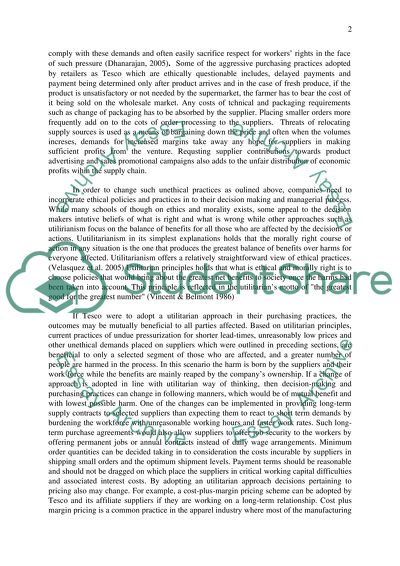Cite this document
(“CASE STUDY: TESCO PLC Essay Example | Topics and Well Written Essays - 2500 words”, n.d.)
Retrieved from https://studentshare.org/miscellaneous/1535188-case-study-tesco-plc
Retrieved from https://studentshare.org/miscellaneous/1535188-case-study-tesco-plc
(CASE STUDY: TESCO PLC Essay Example | Topics and Well Written Essays - 2500 Words)
https://studentshare.org/miscellaneous/1535188-case-study-tesco-plc.
https://studentshare.org/miscellaneous/1535188-case-study-tesco-plc.
“CASE STUDY: TESCO PLC Essay Example | Topics and Well Written Essays - 2500 Words”, n.d. https://studentshare.org/miscellaneous/1535188-case-study-tesco-plc.


